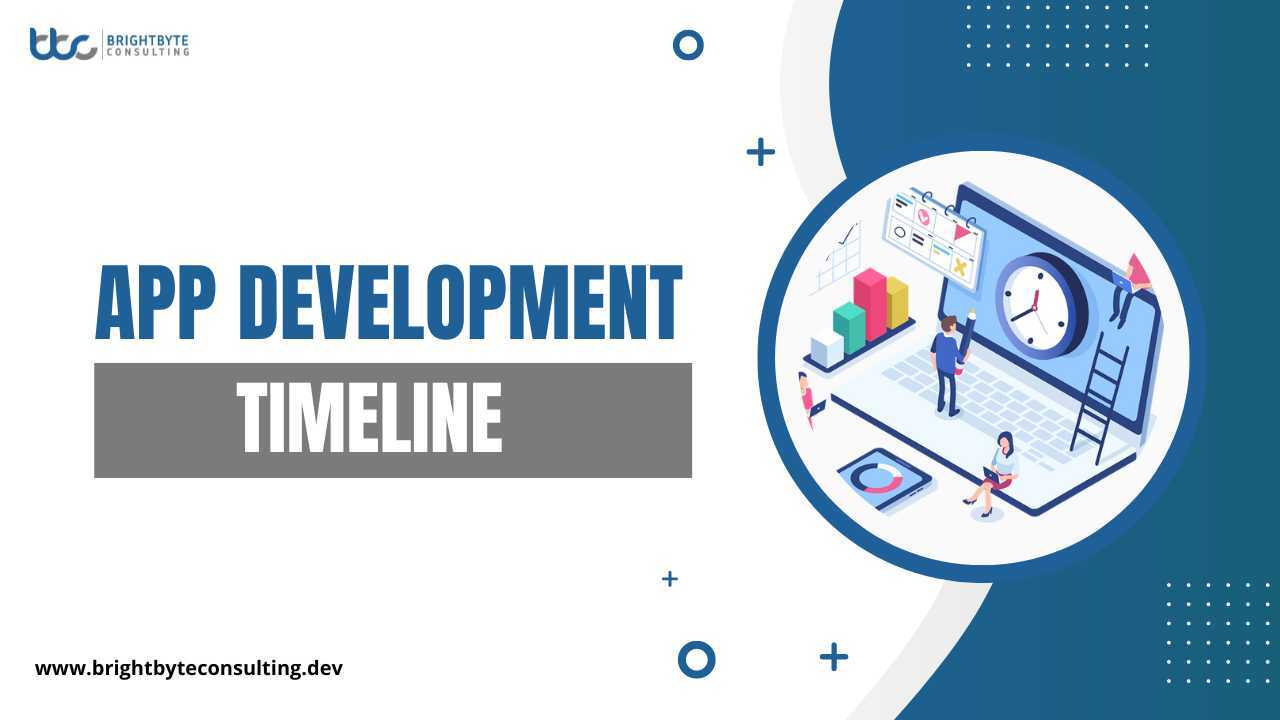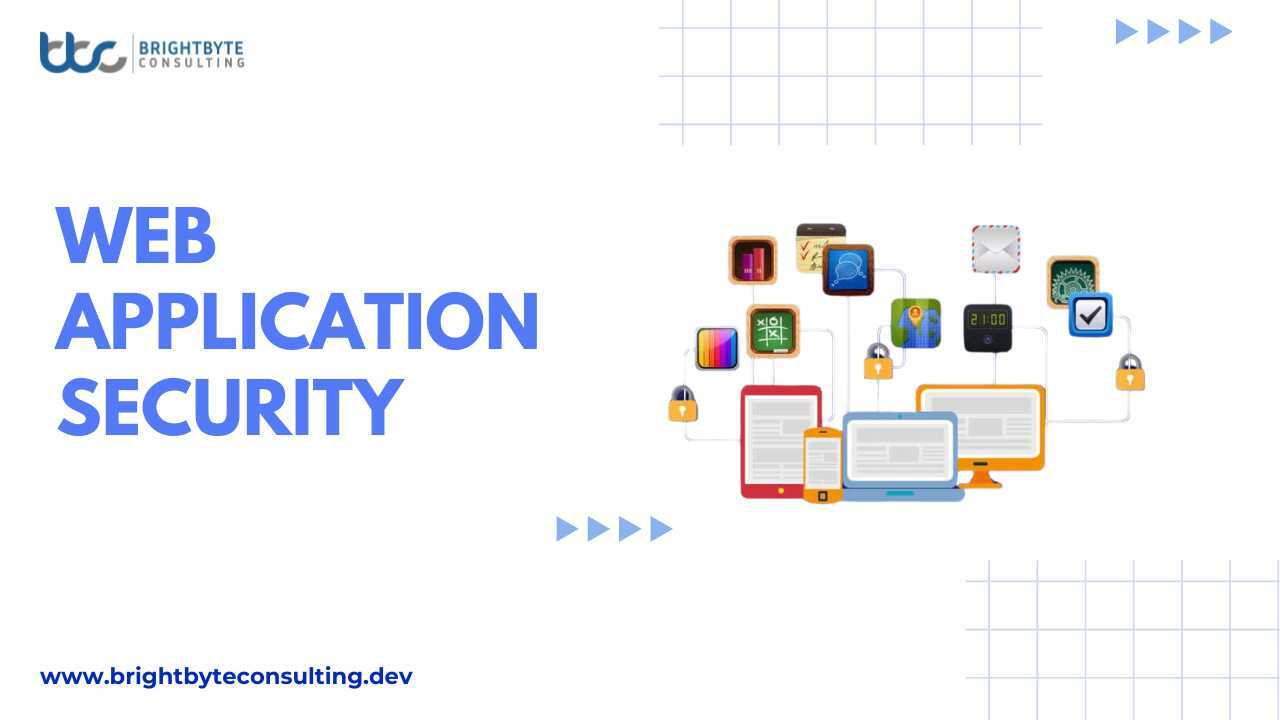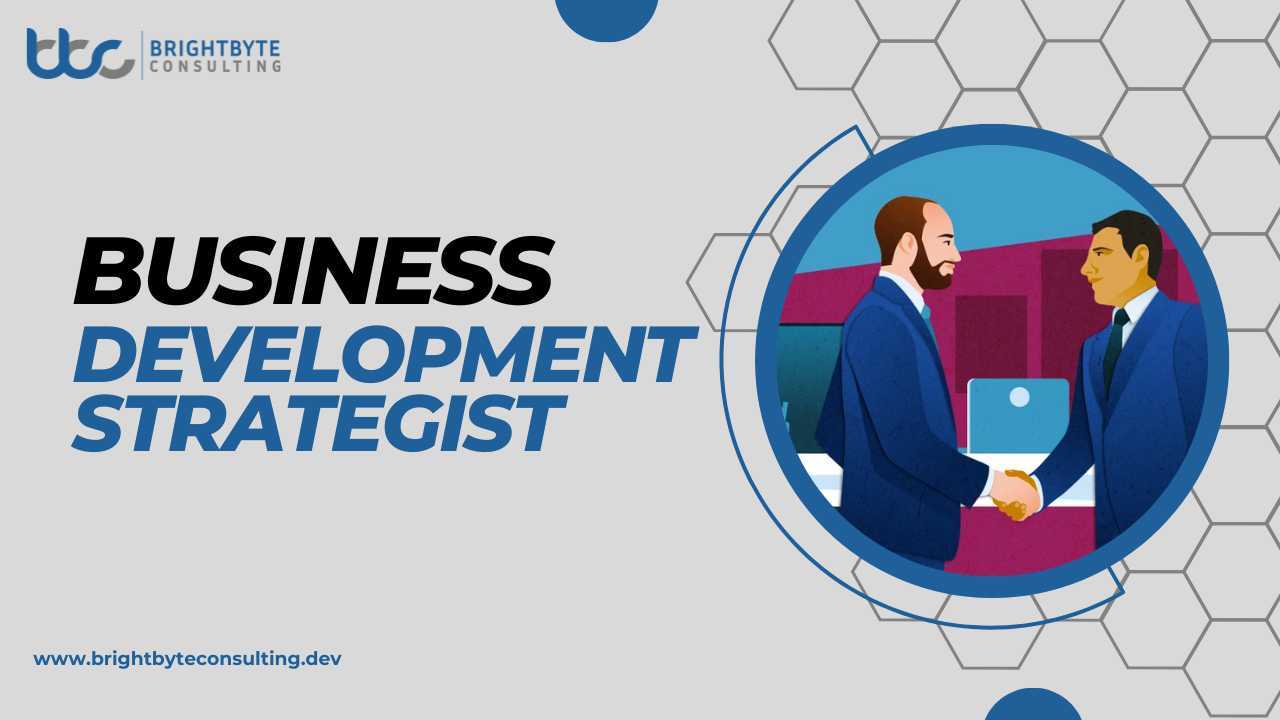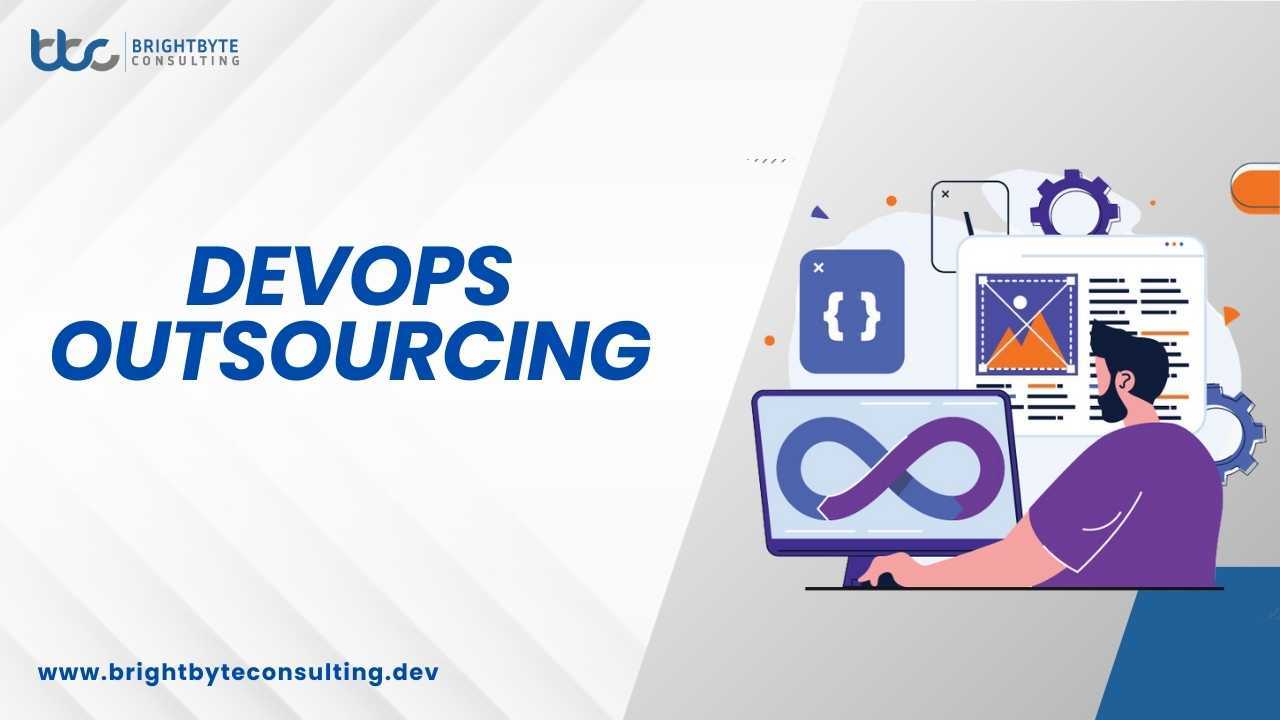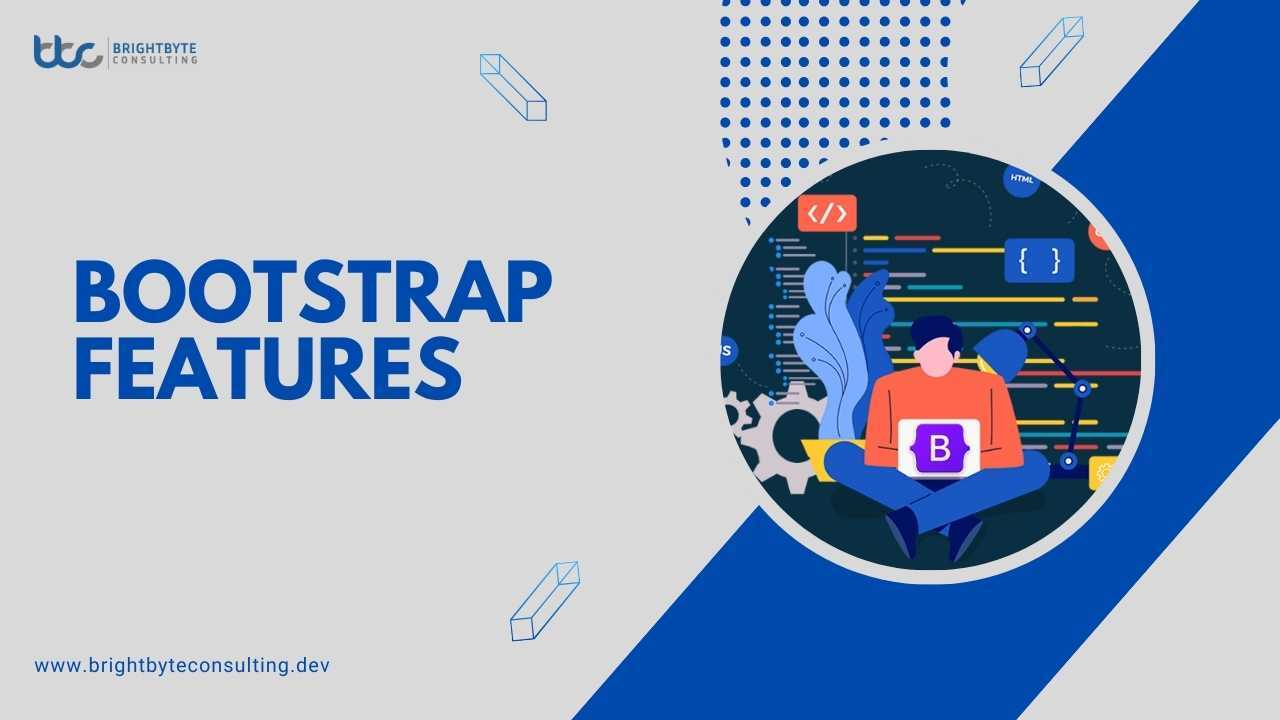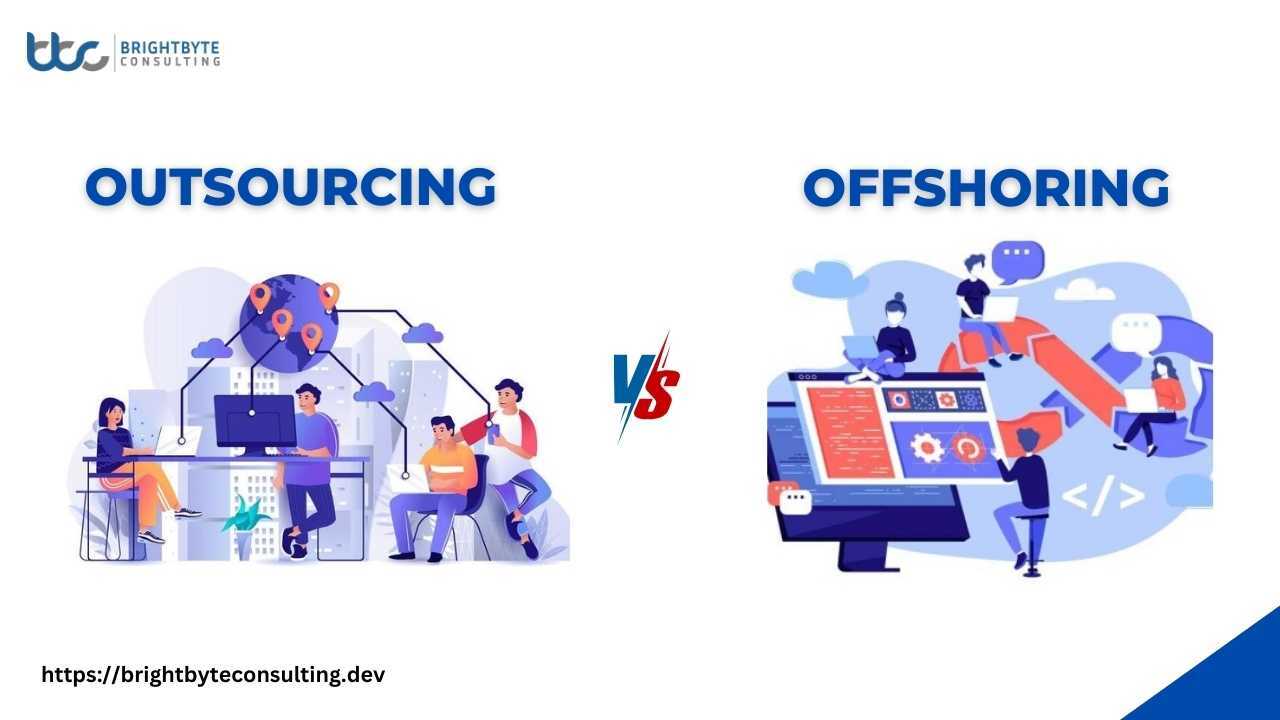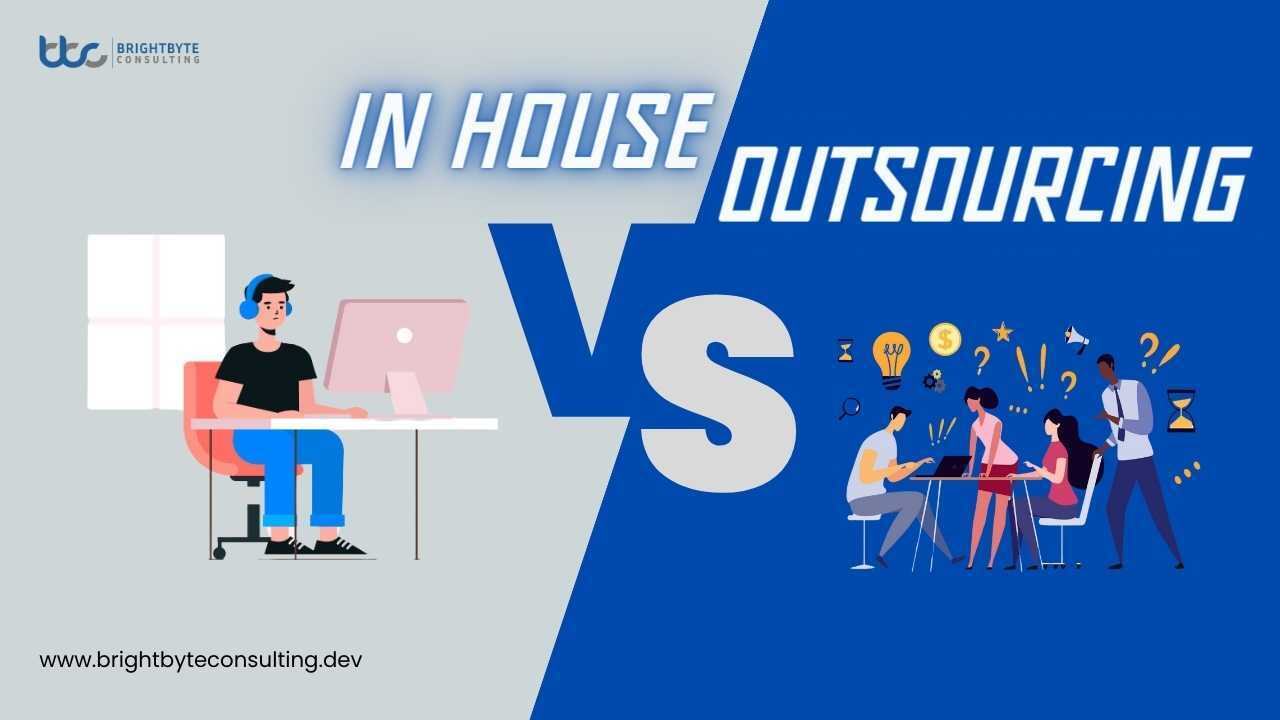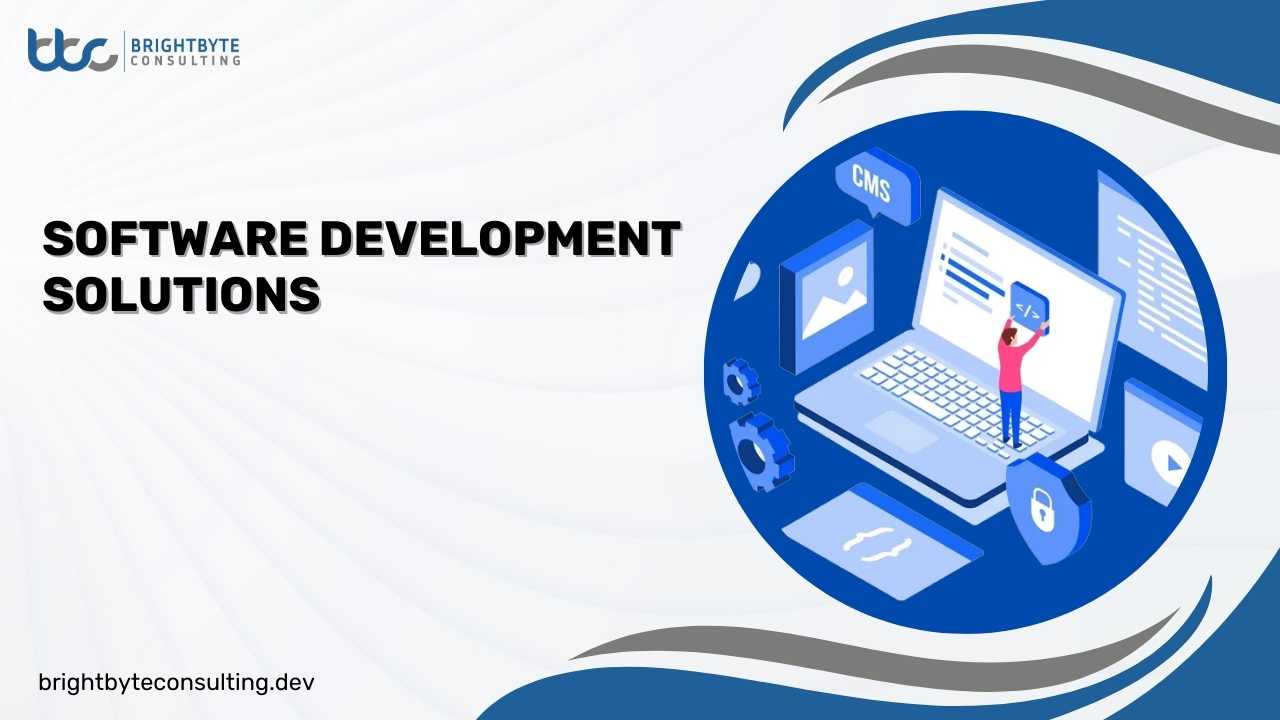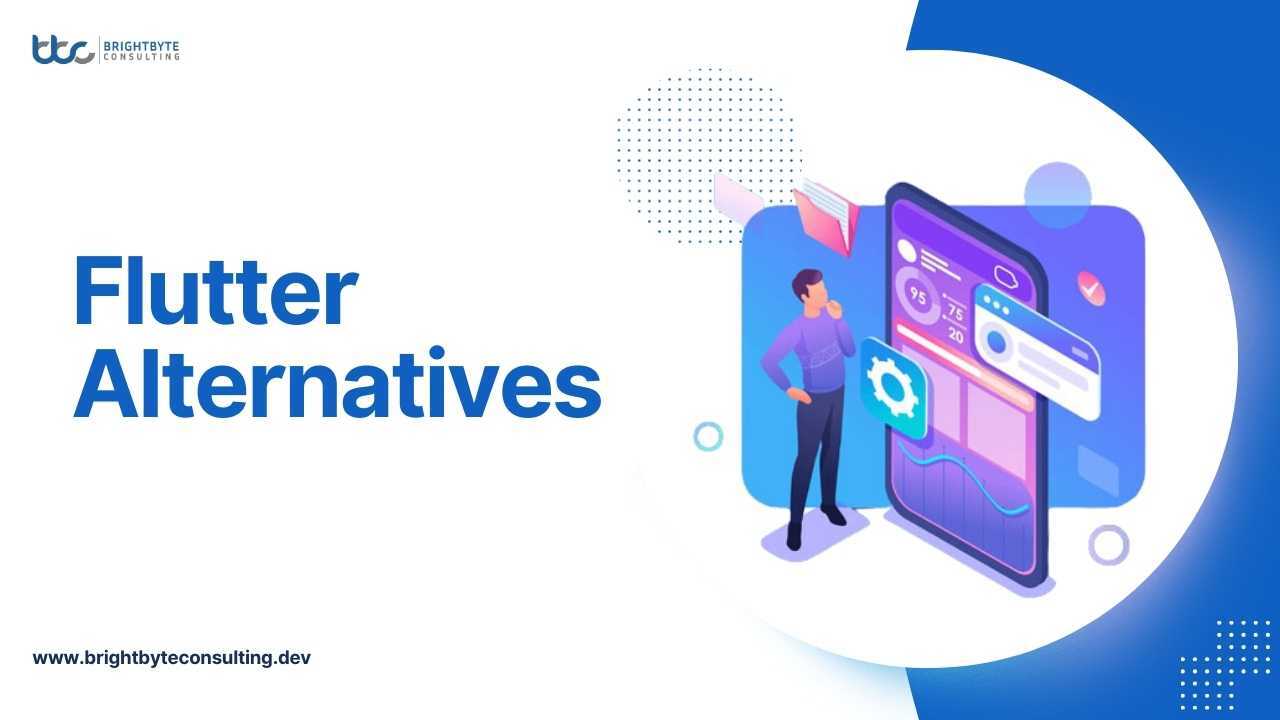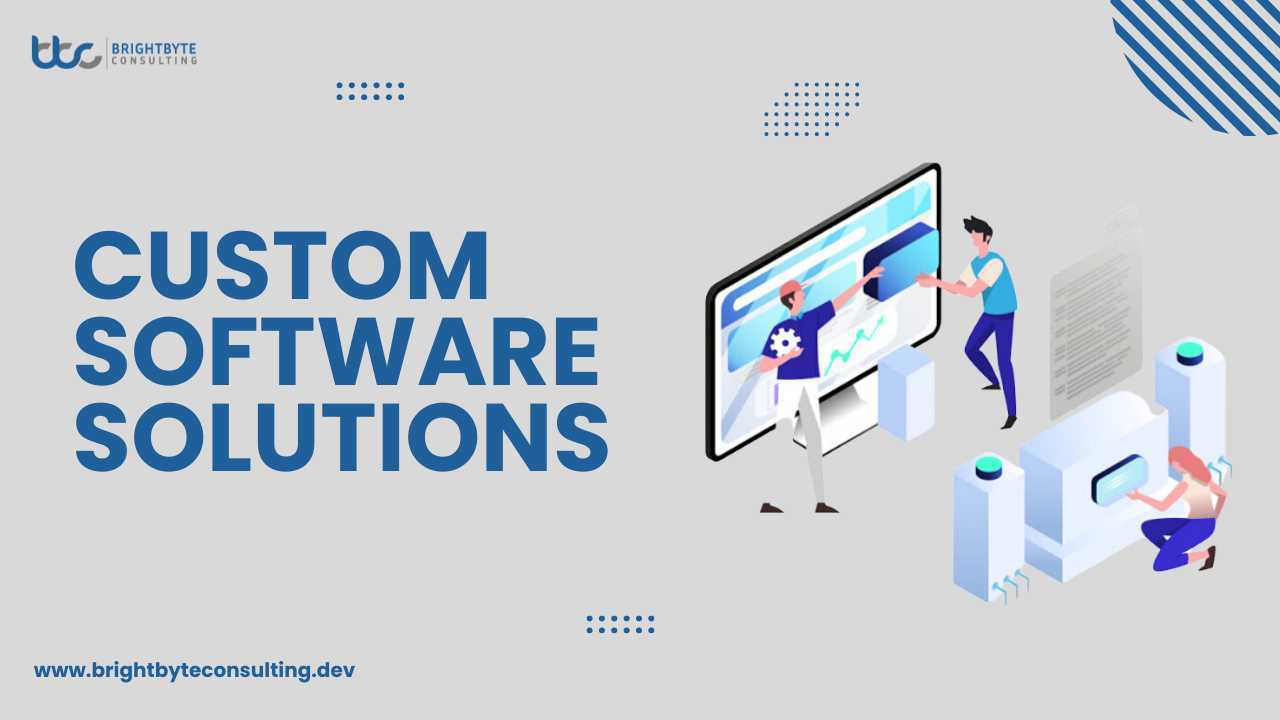Creating your own app has never been easier. Armed with basic coding knowledge and access to a computer with an internet connection, you’re all set. But how long does app development take? Well, that varies greatly depending on the complexity of the app. Some can be whipped up in a week or two, while others may require months or even years of work.
In this article, we’ll delve into the different stages of mobile app development and examine the timelines for various types of apps. You’ll discover the costs involved, the resources required, and the skills needed at each stage. We’ll provide a comprehensive overview of these stages so you can be fully prepared before embarking on your app-making journey.
What Is App Development Timeline?
The app development timeline encompasses the entire process of creating an app, which can vary in complexity and duration depending on your project’s scope. Fortunately, numerous tools are available to streamline mobile development, with platforms offering templates tailored to various app types.
How Long Does It Take To Make an App?
So what is the normal App Development Timeline? The given app development process will explain the estimated time needed to build different types of apps.
Planning Stage
During the planning stage of app development lifecycle, you’ll need to select a niche and determine the type of app you want to create. Estimating the timeline for your app’s development is crucial, typically taking 2-3 weeks, depending on the complexity of features and storage requirements. Additionally, you’ll decide whether to leverage an existing mobile app framework or develop one from scratch.
Business Analysis Stage
The next step to develop an app is the business analysis, a process that typically spans at least two weeks for someone with a basic understanding of coding to set up the project and create an outline. Business analysis involves defining the app’s purpose, usage scenarios, and target locations. This includes researching competitors, assessing market size, understanding demographics, and defining success metrics. Through this stage, you’ll identify your target audience, analyze competitors, and determine the resources needed for app marketing. It’s a crucial step, ensuring informed decision-making for your app’s success.
Design & Pre-development Stage
The initial phase of app development is typically dedicated to design and pre-development. Here, the focus is on conceptualizing a basic idea for the mobile app, crafting its design elements, such as user interface (UI), graphics, and color schemes.
This phase also involves creating a development roadmap to ensure the timely completion of the app by the designated team. Actual coding commences once developers are onboarded for the project.
This primary stage, spanning approximately five to seven weeks, encompasses the creation of the app’s visual and structural framework, brainstorming functional concepts, and outlining the project’s scope. During this period, decisions are made regarding the app’s nature and the anticipated timeline for its development. Complex apps may require several months or even years to materialize, necessitating patience and meticulous planning.
UI Design Stage
The UI design phase stands out as one of the most time-intensive stages in app development. This is primarily due to the intricate process of crafting a user interface tailored for your app. It entails selecting suitable colors, fonts, and images to resonate with your target demographic, necessitating a firm grasp of essential UI design principles while steering clear of common pitfalls.
Moreover, this stage involves ensuring compatibility across various devices and operating systems, demanding thorough understanding of these variables prior to initiating app development.
The duration of this stage typically spans three to four weeks, barring complications such as meticulous selection of colors or fonts.
Development Stage
The timeline for app development varies depending on the complexity of the project and the amount of work involved. Typically, app development takes around 8-10 weeks to complete, but costs can escalate, with some phases reaching up to $100,000.
For those with budget constraints, it’s essential to approach app development strategically:
- Getting Started Phase: This initial phase involves downloading necessary software and drafting a plan for your app’s features. Duration can range from two weeks to six months, depending on project complexity.
- Coding Phase: Once the planning is complete, coding in languages like C++ or Java begins. This phase spans three days to four months. By the end, users should be able to log in, create accounts, and access basic functionalities.
- Testing and Integration Phase: Following coding, thorough testing of the product is crucial, ensuring compatibility across different browsers and platforms. This phase can last from three days to four weeks.
By carefully navigating these stages, developers can manage costs and progress efficiently in app development, even with limited financial resources.
Frontend Development
This phase typically spans between six and eight weeks, primarily due to the extensive design work involved.
Front-end development stands out as the pivotal stage in app development, responsible for creating the visual interface that users engage with daily. Developers utilize HTML, CSS, and JavaScript to craft these pages, leveraging their creativity to introduce innovative features and designs.
Effective communication is paramount during this phase, as developers collaborate closely to ensure each page meets both visual appeal and functional requirements. Additionally, rigorous user testing is conducted to identify areas for improvement, prompting necessary adjustments to enhance the app’s usability.
Backend Development Stage
Part of the app development process involves ideation, where you conceptualize the perfect idea, be it a game or a business app. However, before diving in, it’s crucial to determine the project’s stage. This phase, lasting approximately 6-8 weeks, is the starting point. It involves constructing the website and implementing backend programming, especially for interactive apps with advanced features.
Testing Stage
The testing phase typically lasts approximately 2 weeks. During this period, thorough testing is conducted on an iPhone, particularly for iOS apps, to ensure functionality aligns with expectations. If there are discrepancies, software developers or designers collaborate to implement necessary changes, ensuring the app meets desired specifications.
Regarding the question of whether designers should know how to code, while it’s beneficial for designers to have basic coding knowledge, it’s not always a requirement. However, understanding fundamental coding principles can facilitate smoother collaboration between designers and developers.
Once the app is deemed ready, it can be submitted for review on the App Store.
Finalization & Launch
The finalization and launch stage typically spans one week. During this phase, the app’s design is perfected, and thorough testing ensures its functionality meets standards prior to public release. It’s also an opportune moment to gather feedback from beta testers to identify areas for improvement.
While some technical expertise is necessary for this stage, numerous free resources such as tutorials and YouTube videos are available to aid in the process. By the conclusion of this phase, a fully functional app is prepared for launch.
Support and Maintenance Stage
The post-launch phase may extend up to 2 weeks, during which you gain insights into your app’s performance post-release. This period is crucial for identifying and rectifying any bugs or glitches and updating features that may not function as intended. Additionally, post-launch support and maintenance are essential for devising a marketing strategy aimed at enhancing the app’s success rate.
Conclusion
In conclusion, app development is a multifaceted journey that demands careful planning, collaboration, and iteration. While the App Development timeline varies depending on the app’s complexity, each stage plays a pivotal role in crafting a successful product. From ideation to launch and beyond, developers navigate through various phases, ensuring functionality, usability, and market readiness. With a comprehensive understanding of the app development process and a commitment to continuous improvement, aspiring developers can navigate this exciting terrain and bring their app ideas to life.
FAQs
How long does app development typically take?
App development timeline vary widely based on the complexity of the project. Some apps can be developed in a week or two, while others may require months or even years to complete.
What are the main stages of app development?
The main stages include planning, business analysis, design & pre-development, UI design, development, testing, backend development, frontend development, finalization & launch, and post-launch support & maintenance.
Do designers need to know how to code?
While it’s beneficial for designers to have basic coding knowledge, it’s not always a requirement. However, understanding coding principles can facilitate collaboration with developers.
How can I ensure the success of my app post-launch?
Post-launch support and maintenance are crucial for identifying and rectifying bugs or glitches and updating features as needed. Additionally, devising a marketing strategy is essential for enhancing the app’s success rate.
What resources are available for learning app development?
There are numerous free and paid resources available, including online tutorials, courses, and forums. Platforms like YouTube, Udemy, and Coursera offer comprehensive guides for beginners and experienced developers alike.

